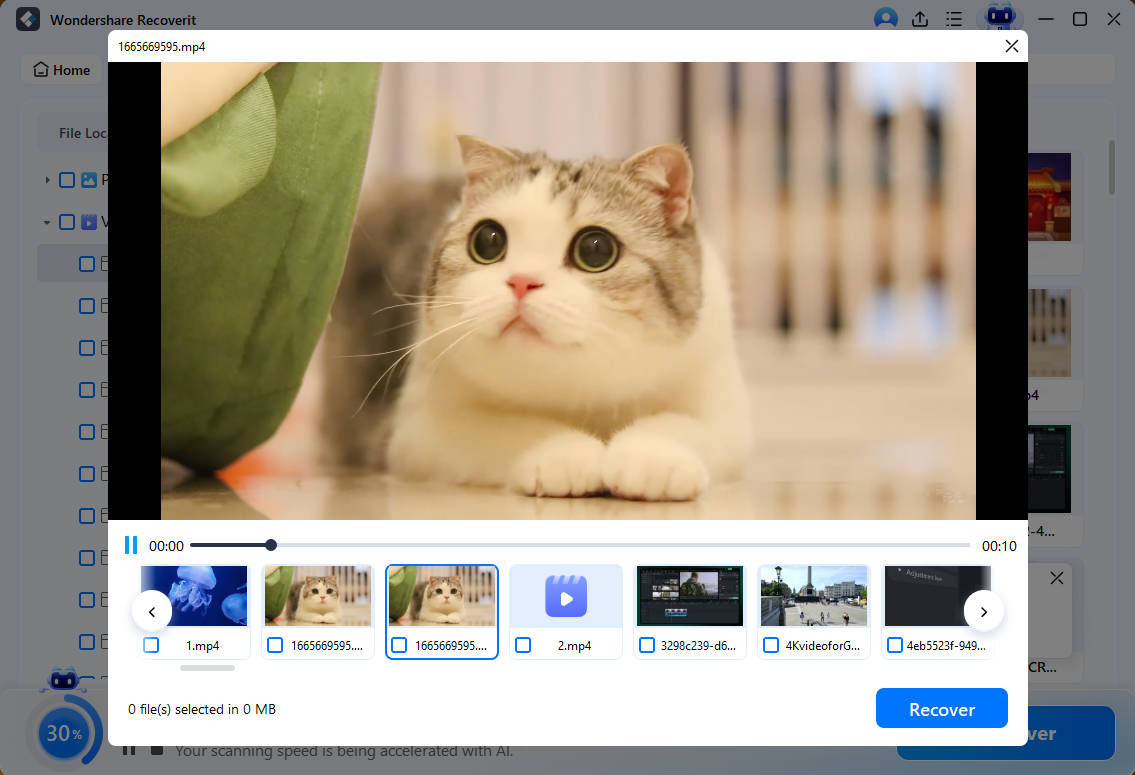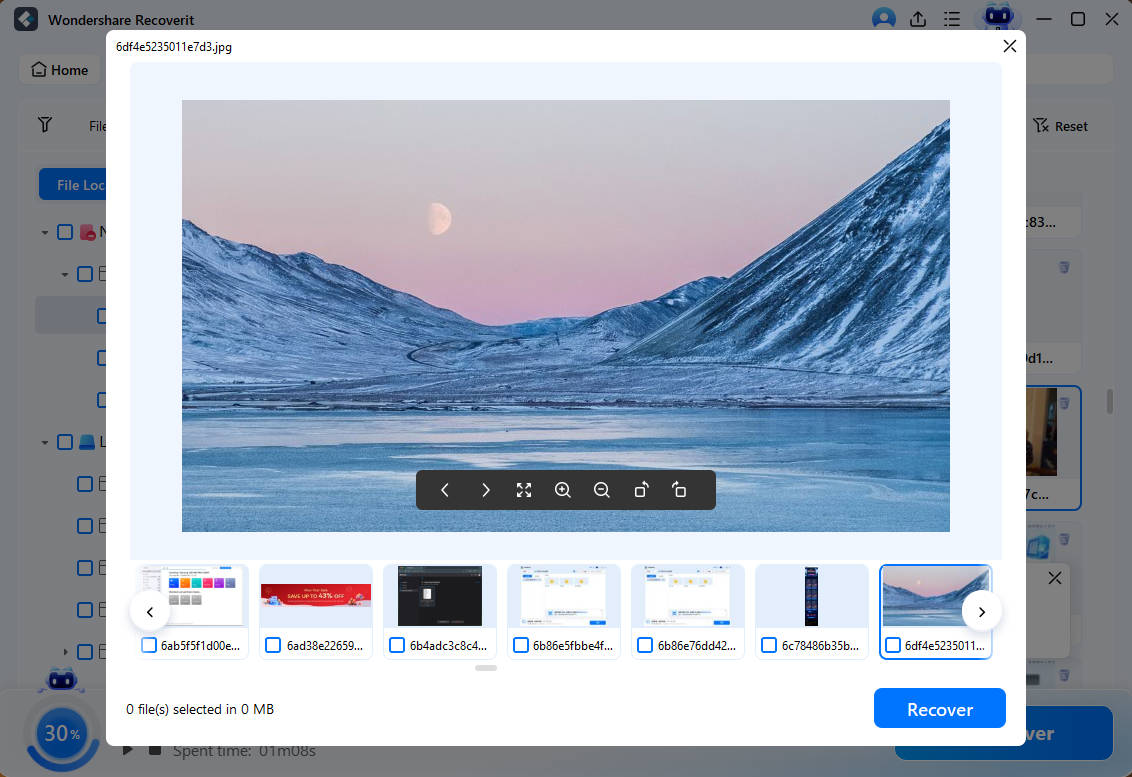If you have dealed with big data, you may have heard of RAID (Redundant Array of Independent Disks). It is a dedicated technology aiming to improve hard drive performance and security.
However, some people may do not know what RAID is and how RAID manages to help. Except that, when users bump into a difficulty where they lost data from RAID hard disk, how to carry out RAID disk recovery becomes an essential problem.
In this article, you can get an answer to all your problems on the RAID technique and free method to recover data from RAID drives. Let's begin right now!
In this article
Overview of RAID
RAID is an acronym for Redundant Array of Independent Disks. It is a kind of technique that can organize several physically independent hard disks into one logical hard drive array in different ways.
The main goal is to improve hard drive speed and reliability. The reliability and speed level is decided by RAID levels. The following are different RAID levels:
- RAID 0: As for RAID 0, data bytes are written on several disks. The biggest benefit is that there is no redundant data with an extremely high transfer rate. However, data reliability is not assured. One invalid hard disk may lead to the whole data loss of the RAID drive.
- RAID 1: One disk is mirrored by the other pair. In this way, the pair becomes their backup hard drive reciprocally. RAID 1 hard drive ensures the performance and security of data. But its unit cost is the highest
- RAID 10 (RAID 0+1): This one requires at least 4 drives and combines RAID 0 and RAID 1, giving you increased speeds and redundancy.
- RAID 2 & RAID 3 & RAID 4: Regarding RAID 2, RAID 3, and RAID 4 technique, the data bar will be distributed on several hard disks in blocks. All of them provide a high transfer rate for big amounts of continuous data.
- RAID 5 & RAID 6: RAID 5 and RAID 6 hard drive have relatively high reliability. The reason is that the odd and even hard drives adopt different algorithms.
You may wonder which RAID level suits you best. Actually, three factors will influence your decision: usability, performance, and cost. If you prefer high usability, RAID 0 is the best choice for you. But if both usability and performance are important factors, choose RAID 1. If usability, cost and performance are all necessary, then RAID 3 and RAID 5 are designed for you.
More Related: How to Test Hard Drive Speed?
Causes for Data Loss from RAID Hard Drive
From the RAID levels mentioned above, you now know which RAID level is suitable for you.
And you should not run into a wrong idea: Hard drive problems and data loss will not happen on the RAID hard disks because its performance and speed have been promoted a lot. In fact, RAID disk failure happens occasionally, and the most common causes are listed below:
- 🔧 RAID controller failure: It can cause booting problems which may result in data loss.
- 💻 RAID partitions corrupted: You could lose part of data on the partitions or lose all data on the RAID hard drive.
- 🚨 RAID volume built incorrectly: You may have data accessing problems or be trapped by system breakdown.
- 🔌 Out-dated server crash: RAID data loss may occur.
Many reasons will lead to RAID hard disk data loss, thus a backup is indispensable.
If your data loss did happen and you didn't backup the data before, you need to carry out an immediate RAID disk recovery. Please go on to find out what you want.
Free Download | Best RAID Disk Recovery Software
There is a tool that allows you to recover up to 100MB of data for free. Wondershare Recoverit is a reliable, effective, and inexpensive solution that will help you recover data from your RAID hard drives. Some of the program's features include the following;

Wondershare Recoverit - Your Expert in RAID Data Recovery
- Diagnose and fix your RAID disk failures. No matter it is RAID 0, RAID 1, RAID 2, RAID 3, RAID 4, RAID 5 and etc.
- Recover your RAID data in three simple steps: Select → Scan → Preview & Recover.
- Provide both free and advanced versions. The advanced version removes the volume limitations. You can recover unlimited data.
- Support 1000+ file formats recovery. Excelling in video recovery and photo recovery.
- Also supports to repair corrupted videos and photos.
How to Recover Data from RAID
To use Recoverit to recover data from RAID, follow three simple steps.
Step 1: Download and install Recoverit on your computer. Select the RAID hard drive under the "Hard Drives" section and then click "Start" to begin scanning.

Step 2: Recoverit will begin scanning the selected drive. This scanning process may take some time depending on the size of the files on the drive. You can stop the scanning process anytime by clicking the "Pause" icon.

Step 3: When the scan is complete, click on a file to preview it before clicking "Recover" to recover the file.

Conclusion
Losing data on a RAID array is a common-seen scenario. Equipped with Recoverit, you can easily perform raid hard drive recovery.
If you want to remove the 100MB restriction of the free version, use the essential or standard version of Recoverit.














